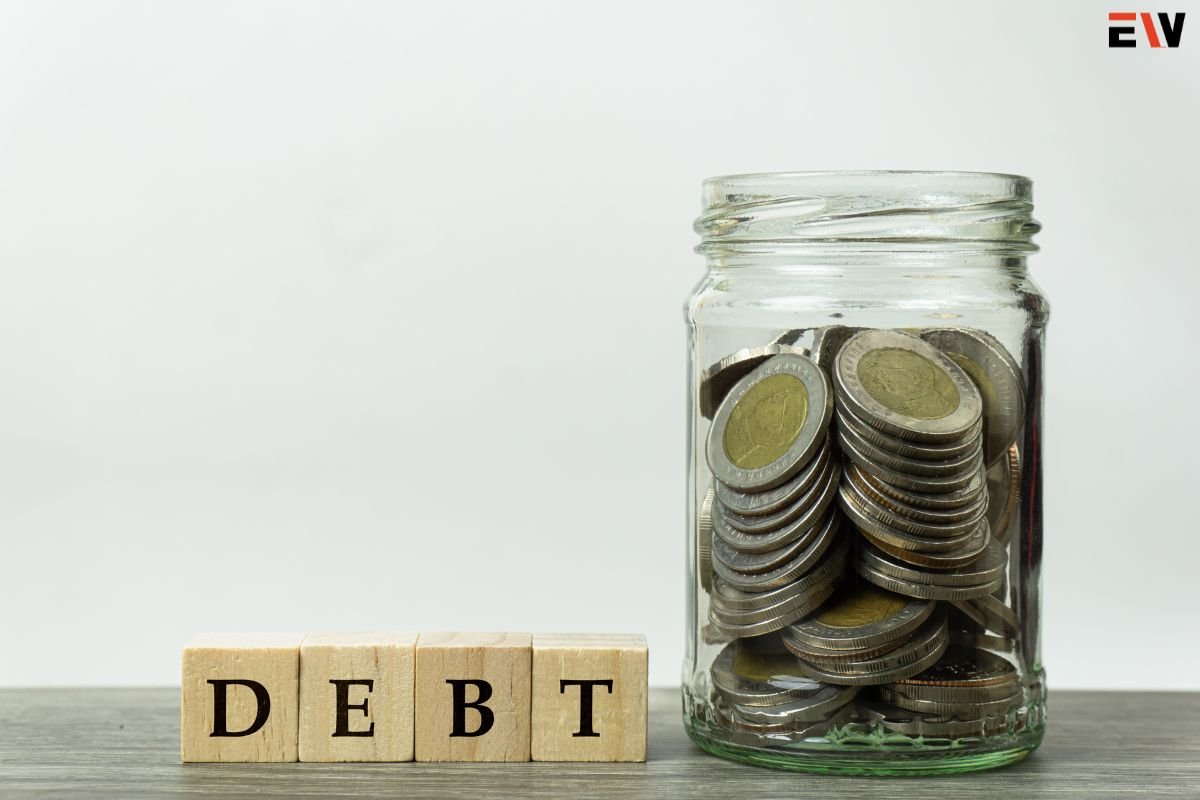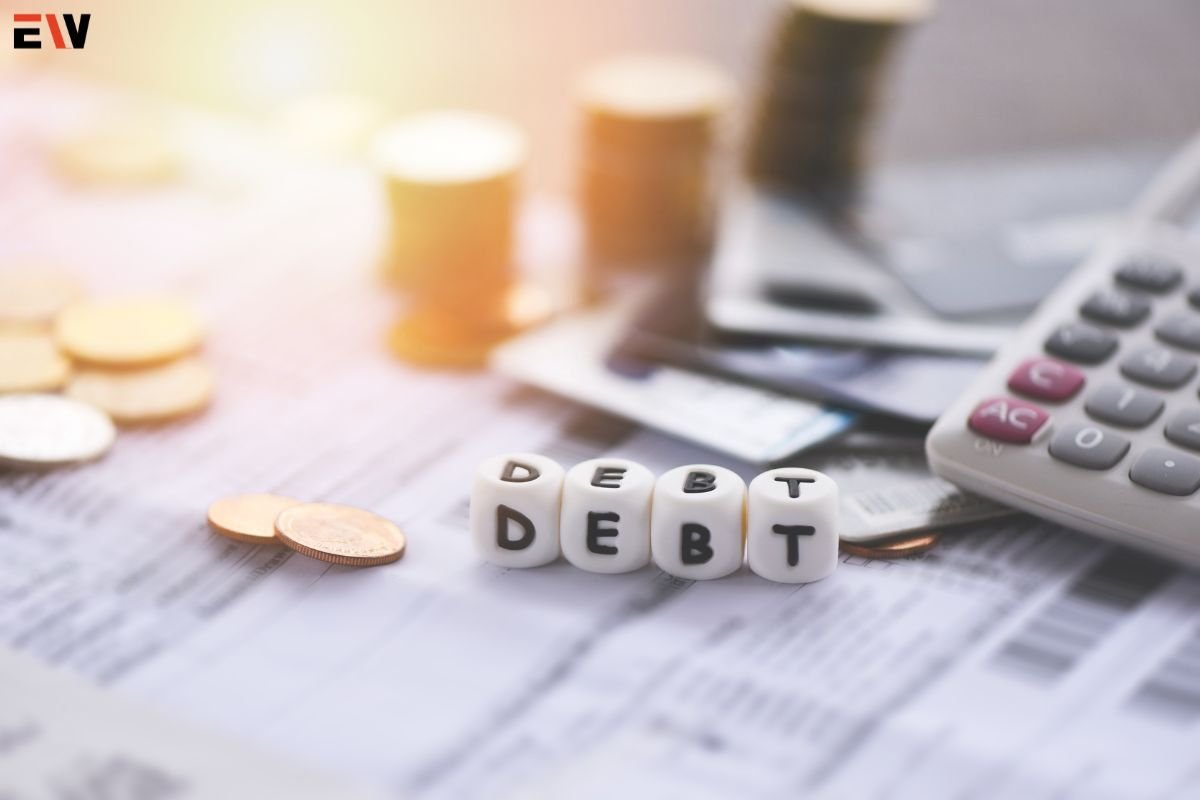In the pursuit of financial freedom, one powerful tool stands out: the debt snowball method. It’s not just a strategy; it’s a mindset shift that can lead to significant progress in paying off debts. In this comprehensive guide, we’ll dive deep into the debt snowball method, exploring its principles, step-by-step implementation, its benefits, and how you can leverage it to break free from the shackles of debt and achieve your financial goals.
Unveiling the Debt Snowball Method
The debt snowball method is a debt reduction strategy that focuses on tackling debts incrementally, starting with the smallest balances first, regardless of interest rates. It’s all about gaining momentum and building confidence by paying off smaller debts quickly, then rolling those payments into larger debts until you’re debt-free.
How Does the Method Work?
1. List Your Debts
Begin by compiling a list of all your debts, from smallest to largest, regardless of interest rates. This creates a clear roadmap of what you’re dealing with and sets the stage for your debt payoff journey.
2. Minimum Payments
Make minimum payments on all your debts except the smallest one. This ensures that you’re meeting your obligations while freeing up extra cash to focus on your target debt.
3. Attack the Smallest Debt

Allocate any additional funds you can muster towards paying off the smallest debt on your list. Throw every spare dollar at it until it’s completely paid off.
4. Snowball Effect
Once the smallest debt is cleared, take the amount you were paying on it and apply it to the next smallest debt on your list, in addition to its minimum payment. This creates a snowball effect, with your payments gaining momentum and growing larger with each debt you eliminate.
5. Repeat and Celebrate
Keep repeating this process until all your debts are paid off. Celebrate each victory along the way, no matter how small, as they all contribute to your ultimate goal of financial freedom.
Benefits of the Debt Snowball Method
1. Psychological Boost
Paying off smaller debts quickly provides a psychological boost, boosting morale and motivating you to keep going.
2. Tangible Progress:
eeing tangible progress as debts are paid off reinforces your commitment to the process and keeps you focused on your goals.
3. Simplicity
The debt snowball method is straightforward and easy to understand, making it accessible to anyone looking to get out of debt.
4. Behavioral Change

By focusing on one debt at a time, the debt snowball method encourages positive financial behaviors and habits that can lead to long-term success.
Implementing the Debt Snowball Method: Practical Tips
1. Create a Budget
Establish a budget to track your income and expenses, allowing you to identify areas where you can cut back and allocate more funds towards debt repayment.
2. Build an Emergency Fund
Before diving into debt repayment, set aside a small emergency fund to cover unexpected expenses and prevent further debt accumulation.
3. Negotiate Lower Interest Rates
Reach out to your creditors to negotiate lower interest rates or explore options for debt consolidation to reduce your overall interest burden.
4. Stay Consistent
Stick to your debt repayment plan and stay consistent with your payments, even when faced with setbacks or challenges along the way.
5. Seek Support
Don’t be afraid to seek support from friends, family, or financial advisors who can offer guidance, accountability, and encouragement throughout your debt payoff journey.
6. Tracking Progress
Establish systems to track your progress as you implement the debt snowball method. Whether it’s using a spreadsheet, a budgeting app, or a pen-and-paper tracker, monitoring your debt payoff journey can provide motivation and accountability.
7. Adjusting Strategies
Remain flexible and open to adjusting your debt repayment strategies as needed. Life circumstances may change, unexpected expenses may arise, or new opportunities for increasing income may present themselves. Be prepared to adapt your approach to stay on track toward your financial goals.
8. Celebrating Milestones
Celebrate your achievements along the way, no matter how small. Each debt paid off is a victory worth acknowledging. Consider treating yourself to a small reward or milestone celebration as you reach significant milestones in your debt repayment journey.
9. Seeking Professional Guidance
If you’re feeling overwhelmed or unsure about how to proceed, consider seeking professional guidance from a financial advisor or credit counselor. They can provide personalized advice, help you explore debt relief options, and offer support as you work towards becoming debt-free.
10. Maintaining Financial Discipline

Stay disciplined with your finances even after you’ve paid off your debts. Avoid falling back into old spending habits and continue practicing good financial habits, such as budgeting, saving, and investing, to secure your financial future.
11. Paying Yourself First
Once you’ve cleared your debts, prioritize building savings and investing for your future. Consider automating contributions to savings and retirement accounts to ensure that you’re paying yourself first and building a strong financial foundation for the long term.
12. Paying It Forward
Consider paying it forward by sharing your debt repayment journey and lessons learned with others. Your experiences and insights may inspire and empower others who are facing similar challenges, helping them take control of their finances and pursue their own paths to financial freedom.
By incorporating these additional subheadings into your understanding and implementation of the debt snowball method, you can enhance your debt repayment journey, stay motivated, and achieve your financial goals more effectively.










